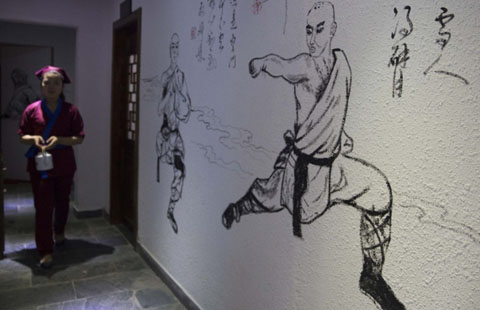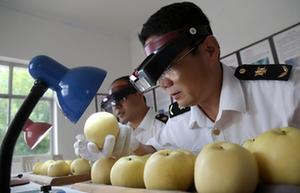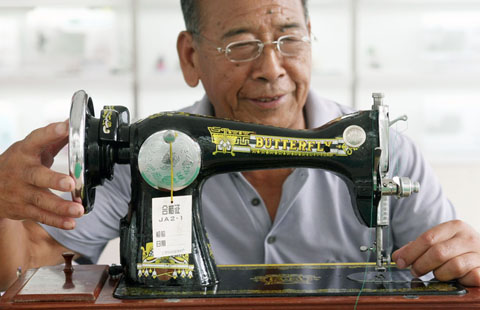China-ASEAN trade, investment has room to deepen
(Xinhua) Updated: 2014-08-09 14:32BEIJING - Trade between China and the ASEAN has been growing despite recent disputes in the South China Sea, economists say.
According to Chinese customs data published on Friday, trade between China and the Association of Southeast Asian Nations (ASEAN) rose 5.4 percent year-on-year to reach $261.3 billion in the first seven months.
China's exports to the ASEAN bloc grew 8.1 percent to $146.2 billion in the first seven months, while imports amounted to $115.1 billion , up 2.3 percent from a year earlier.
China has been ASEAN's largest trading partner since 2009, and ASEAN has been China's third largest trading partner since 2010.
Since 1995, trade between China and the ASEAN economies has grown an average of close to 20 percent a year. In 2013, two-way trade rose 10.9 percent to $444 billion, significantly higher than the $54.8 billion in 2002, Chinese customs figures showed.
Economists say there is still a lot of room to grow.
The ASEAN is a political and economic organization which was formed in 1967 by Indonesia, Malaysia, the Philippines, Singapore and Thailand. Membership has since expanded to include Brunei, Cambodia, Laos, Myanmar and Vietnam.
"China and ASEAN are a natural fit as trade partners. The links have strengthened in the last 20 years thanks to regional trade pacts, supply chain integration and rising incomes," banking giant HSBC wrote in an extensive report sent to Xinhua on Wednesday.
The report, titled "What a globalizing China means for ASEAN", is the latest in an HSBC series that looks at what a globalizing China means for various parts of the world. It is compiled by leading HSBC economists Herald van der Linde, Trinh Nguyen and chief China economist Qu Hongbin.
ASEAN's trade with China represents 14 percent of its total trade, up from 3 percent from 1995. It is now greater than China's trade volume between the US and EU, according to the report.
Around 12 percent of ASEAN's exports went to China in 2013, up from 6.5 percent in 2003. More than 16 percent of ASEAN's imported goods came from China in 2013, up from less than 8.5 percent in 2003.
Since 2002, tariffs for more than 90 percent of goods in the ASEAN-China Free Trade Area have been reduced to almost zero.
This year, analysts worry disputes between China and some ASEAN nations - Vietnam and the Philippines - over the South China Sea could bring economic clouds to the tide of trade.
Customs figures tell a different story, however.
|
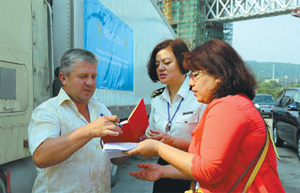 |
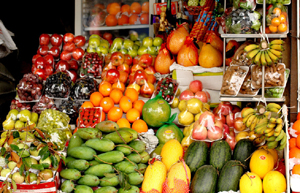 |
| Trade surplus skyrockets to hit monthly recorda | China remains top importer of Vietnamese fruits, vegetables |
- China car probes aim for fair market: association
- Robots delivering meals in Jiangsu
- Chinese company starts works on European Corridor through Serbia
- China's inflation grows in July
- China's July PPI down 0.9%
- Disclosure the focus of streamlined system
- Market database nears 15,000 entries
- ODI to maintain robust increase




